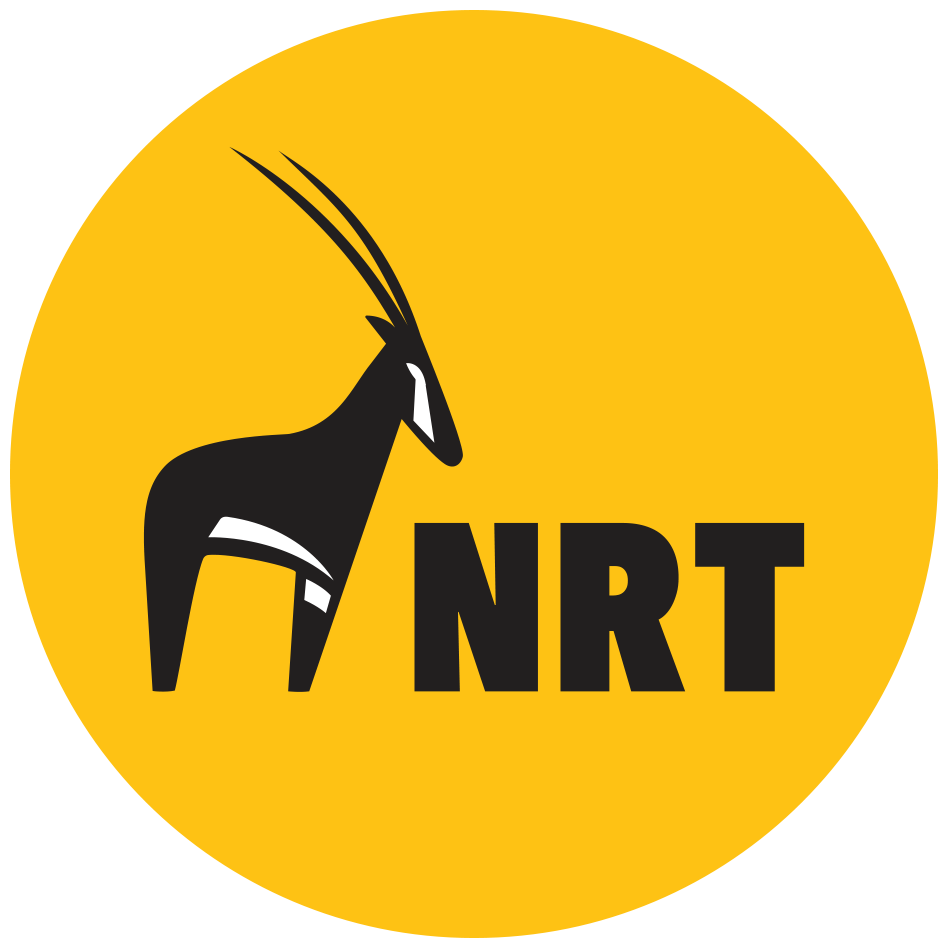From Margins to the Frontlines: NRT Women Transforming Conservation
A participant addresses fellow women leaders during a breakout session at the 5th Annual NRT Women’s Leadership Summit in Isiolo County, May 2025.
For years, women in Kenya's arid and semi-arid lands have played a critical but often overlooked role in conservation. Despite their deep connection to natural resource management, they have been excluded from decision-making due to entrenched cultural norms. But today, that is changing—especially across the Northern Rangelands Trust (NRT) landscape, where women are stepping into leadership roles and claiming space in governance.
This shift came into sharp focus at the 5th Annual Women’s Leadership Summit, held from May 20 to 23, 2025, in Isiolo County. Under the theme “Celebrating Women’s Voices in Conservation,” the summit brought together over 70 women leaders from 45 community conservancies across northern and coastal Kenya. The event was supported by Conservation International (CI) and the Lucille Foundation.
While the summit has been held annually since 2021, this year’s edition stood out for its intergenerational dialogue and bold advocacy. CI’s Women Ambassadors Program and annual fellowships have played a key role in building the leadership pipeline. “We are committed to mentoring and building the capacity of women leaders across conservancies,” said Betty Mutua from CI Kenya.
A major highlight of the summit was a united declaration by women leaders from 14 conservancies participating in the Northern Kenya Rangelands Carbon Project. Covering 22 conservancy units, the group reaffirmed their support for the carbon project, challenged misinformation, and urged partners to stand by community-driven development. “When USAID withdrew its funding, it was the carbon project that stepped in to fill the gap. We must support each other and push for national recognition,” said Julietta Lolgojine, Chair of the Samburu Women’s Caucus.
Since the summit’s inception, women’s leadership within conservancies has grown steadily. Today, 168 women serve on boards, and three hold managerial roles—an important shift in historically male-dominated spaces.
In the NRT East Region alone, which includes Nasuulu, Leparua, Jaldesa, and Shurr conservancies, 55 women hold leadership positions. Among them is Zaharia Ali, Chairperson of Kiunga Community Conservancy and Vice Chair of the NRT Council of Elders, who called for more inclusive training on climate and carbon in coastal communities. Other inspiring leaders include Saadia Mohammed of Nasuulu, who serves as Vice Chairperson of the Kenya Wildlife Conservancies Association, and conservancy managers Rebbi Sebbei (Ruko) and Malika Maru (Ndera)—trailblazing women in pastoralist regions.
Still, structural challenges remain. NRT’s 2024 Vocational Training Report shows that although 86% of trainees are female, most are enrolled in traditional fields like tailoring and catering. Technical sectors such as boat and motorcycle repair remain male-dominated. In places like Shurr Conservancy, 73% of women in tailoring courses have not completed secondary education, limiting their ability to take on leadership roles or explore higher-skilled livelihoods. The summit stressed the need for increased investment in girls’ education and technical training.
In NRT’s coastal conservancies, women are leading in marine conservation. In Pate and Kiunga, octopus farming has provided new livelihood options. Amina Ahmed (Mama Pweza) has helped her group triple their income—from Ksh 110 to Ksh 430 per kilo—and reinvested earnings into buying land and building a nursery school for girls. “Through this project, I’ve also traveled to Zambia, South Africa, and Madagascar to learn from others,” she shared.
Zulfa Hassan (Mama Mikoko) leads mangrove restoration in Pate Marine Conservancy, and Mwanasha Mbwana (Mama Matumbawe) protects coral reefs along the Lamu coast—pioneering a new generation of ocean stewards.
H.E. Henriette Geiger, European Union Ambassador to Kenya (center), joins fellow EU envoys and community women leaders on stage during the 5th Annual NRT Women’s Leadership Summit.
The summit closed with a powerful call for more investment in women’s leadership—especially in places like Samburu and Marsabit, where patriarchal resistance remains a major challenge. Key partners attending included The Nature Conservancy, County Governments of Isiolo and Samburu, the National Gender and Equality Commission, and H.E. Henriette Geiger, EU Ambassador to Kenya. “When women lead in conservation, entire communities thrive,” Ambassador Geiger remarked, joined by eight other EU envoys.
Thank you to the women leaders, partners, and communities who made this summit a success. The journey continues—but the barriers are beginning to fall.


